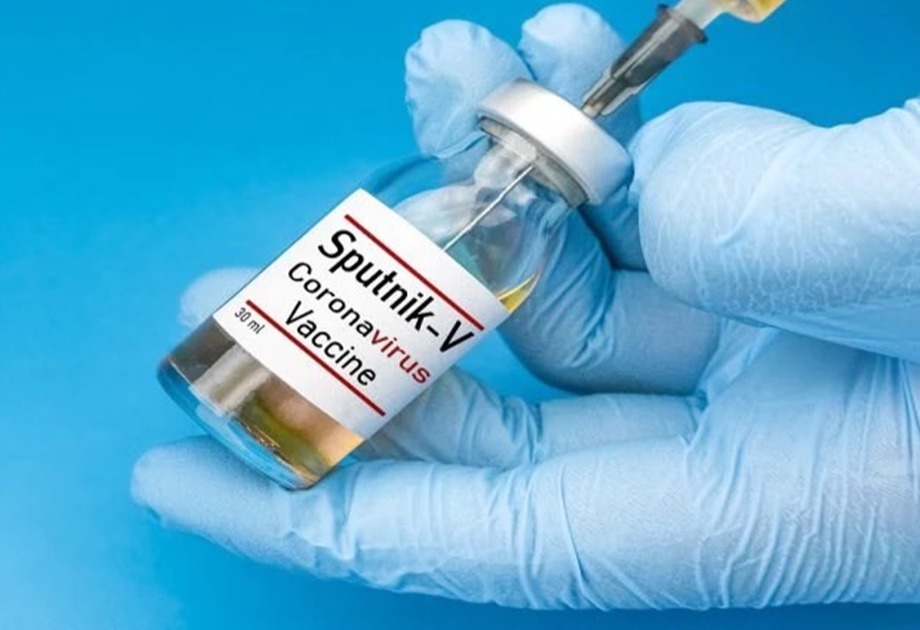Russia’s Sputnik V vaccine which will soon be available in India can beat the new strain of Covid-19 that is ripping through the country these days, say the manufacturer of the jabs.
Russia’s Tass news agency quoted Alexander Gintsburg, director of the Gamaleya Center, the vaccine developer, as saying that the Sputnik V coronavirus vaccine gives sufficient antibodies to combat the virus’ Indian strain.
"If necessary, we will combat the Indian strain by high titers of antibodies triggered by the Sputnik V vaccine. As a rule, it generates antibodies 20, 30, 80 times as much as necessary to neutralize the biggest amount of the virus in an infected organism. Sputnik V will be effective against the Indian strain," Gintsburg said on Tuesday.
Sputnik V, The Russian Direct Investment Fund (RDIF) on Tuesday also said it will export the first batch of Sputnik V vaccine to India from May1, tin tune with the expansion of India covid-19 immunization drive that would cover all adults.
The first doses will be delivered on 1 May," RDIF chief executive officer Kirill Dmitriev was quoted as saying.
However, a spokesperson for Dr Reddy’s Laboratories, the company’s partner in India, , avoided spelling out a specific date for the launch. He added that while the company had earlier indicated that delivery will start from the end of May, that timeline has now been shifted to anytime in May.
“Discussions over pricing and the number of doses are still ongoing between Dr Reddy’s, RDIF and the government," the spokesperson said.
According to Tass, India’s health ministry reported in late March, a new coronavirus variant with E484Q and L452R mutations in the S protein had surfaced in the country. The ministry pointed out that the new strain had two mutations, which had earlier occurred in some 15-20% of samples and were detected in the British, South African, and Brazilian strains.
Separately, the World Health Organisation (WHO) warned against jumping the gun in blaming the new Indian variant for the surge in coronavirus cases in the country since it has still not classified it in the same category as the UK, Brazil and South African “variants of concern.”
Also Read: Don’t jump the gun on Indian Covid-19 variant, says WHO
According to the WHO, a variant is considered worrying if it spreads more easily, causes more serious cases of the disease, bypasses the immune system or reduces the effectiveness of known treatments.
A WHO spokeswoman said that it was not clear at this point to what extent the variant was responsible for the rapid increase in cases in India in recent months, DPA news agency reported.
The British coronavirus variant may also be affecting India's epidemiological situation.
The British, South African and Brazilian variants of Covid-19 have all been classified by the WHO as "variants of concern." The newest variant was first detected in India on December 1, 2020.




















